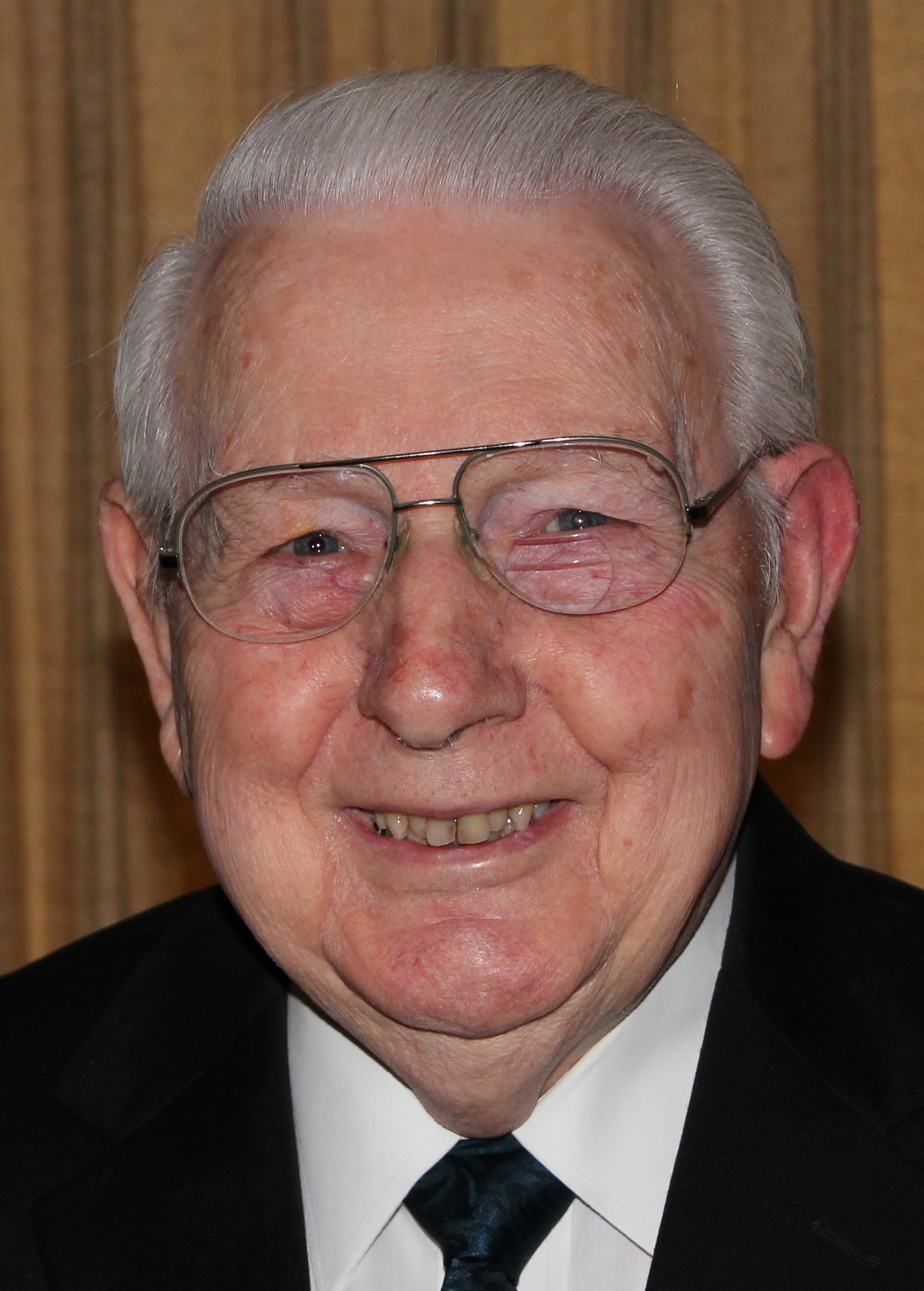 February 20, 2015 (Friday)
February 20, 2015 (Friday)
“End Times” describes what theologians call, “Eschatology.” One great problem associated with it is the disagreement among believers about what’s going to happen in the future. There used to be two points of view: “Premillenial” and “Postmilennial.” Then came “Dispensational Premillenial” and “Historical Premillenial,” followed by “Amillenial,” and a little later, variations on all of these, breaking down broad spectrum ideas into more specific interpretations that differ from each other. “End Times” beliefs are many-faceted. No single view prevails.
I always thought of these theologies as unique to Christianity, but lately I’ve been reading about Isis and its belief that we are in the “End Times.” It has come up in discussions about why Isis followers do not seem to care what the world thinks of their brutality, beheading children as well as adults and burning prisoners alive. The expert observers are telling us that Isis believes it is hastening the final battle to take place at a certain city in Iraq by causing anarchy to prevail wherever they are in control. This apocalyptic event corresponds to a belief by many Christians in a final battle called “Armageddon.”
Their reign of terror has now extended into Libya and Egypt and Isis atrocities have stirred the wrath of Jordan. Syria and Iraq are at the center of their crusade to rid the world of everyone who does not accept their particular interpretations of Islamic belief. The “Islamic State” they are creating will include all these nations plus others as well. For all practical purposes, they have replaced Al Qaeda and have been very successful in recruiting people from other nations, even those in the West, a phenomenon unknown until fairly recently.
While Christians are being murdered in other countries, Christianity is under attack by a growing open hostility toward religious faith in America. We have ample cause for concern, and plenty of reasons to pray earnestly for a spiritual awakening in the United States and other Western countries. Our study of the Book of Acts is reminding us that first century preachers consistently called for repentance and faith, a message needed today as well.
